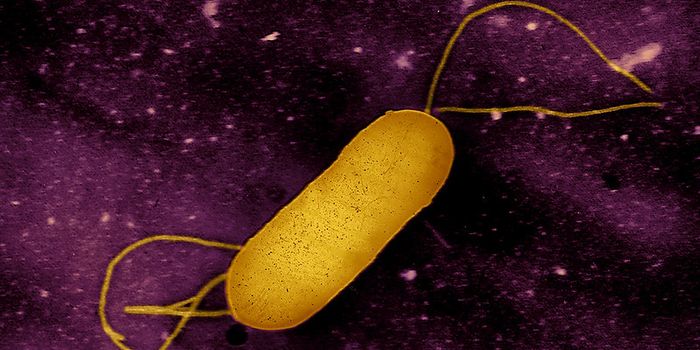Lipoxin: A New Drug for Heart Attack Recovery
More than half of all heart attack patients die within five years of the event. This is a frightening statistic, but University of Alabama at Birmingham scientists are focused on making that number smaller and making lives longer. In their most recent study, published in the journal Scientific Reports, researchers boost post-heart attack healing with a molecule called lipoxin.
Lipoxins are right in the middle of the action when it comes to the immune system and have been used to treat inflammatory disorders, renal fibrosis, and even cancer because of it. They are known to be anti-inflammatory, making them the perfect candidate for reducing chronic inflammation following a heart attack.
The immune response following a heart attack isn’t inherently harmful. The first wave is an acute inflammatory response, where white blood cells flow into the heart tissues to remove dead cells and begin building scar tissue to replace them. After this, the immune response begins the healing process.
These two reactions are normal and healthy. But when the initial stage of acute inflammation turns into chronic inflammation, that’s a problem. Over time, excessive inflammation leads to swelling in the heart’s left ventricle, ultimately resulting in congestive heart failure and death.
But in the new University of Alabama at Birmingham study, researchers found that giving mice a form of lipoxin called 15-epimer lipoxin A4, also known as “aspirin-trigger lipoxin A4,” improved heart function after a heart attack by boosting activity during the healing phase but leaving the acute inflammation phase alone. With this effect, lipoxin reveals its therapeutic potential as a post-heart attack treatment.
The research team started by inducing heart attacks in mice models, followed by a treatment of lipoxin. To see how it worked to improve heart function, they took observed and measured the following:
-
Heart function and swelling in the lungs
-
Spleen and kidney function (These organs are also affected by the initial acute immune response during a heart attack)
-
Neutrophil clearance during the healing phase (Neutrophils are first-responders in the immune system)
-
Activation or inhibition of macrophage receptors (Macrophages engulf and digest dead and dying cells)
-
Changes in pro-resolving gene markers in the left ventricle, spleen and kidneys
-
Changes in interleukin levels (Certain interleukins indicate changes in the immune system)
-
Transition of fibroblasts into secretory myofibroblasts (Fibroblasts deposit collagen, contribution to scarring)
Analysis of these parameters led them to the final conclusion that lipoxin successfully boosts heart function after a heart attack. First, researchers saw an improved ejection fraction, a measurement of how much blood is pushed out of the heart when it contacts. The better the ejection fraction, the more oxygenated blood is sent out into the body to provide tissues with oxygen and nutrients.
In addition, researchers saw active receptors on reparative macrophages and inhibited receptors on inflammatory macrophages. Lipoxin increased the number of neutrophils pushing their way into the heart during acute inflammation, and it promoted the clearance of neutrophils and reparative macrophages during the healing phase.
All things considered, lipoxin has a powerful and beneficial effect on the heart at a time when recovery is extremely vital, for the short-term and for the long-term.
Sources: MayoClinic, Journal of Inflammatory Research, University of Alabama at Birmingham









